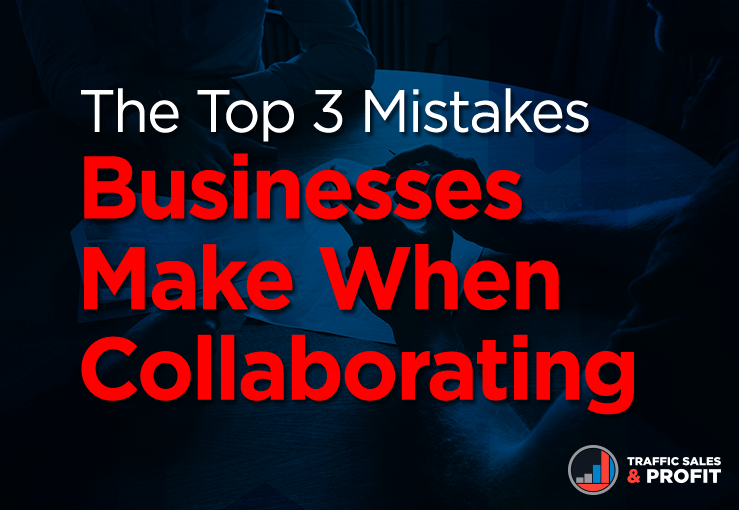Collaboration is a great way to leverage knowledge and borrow another audience to grow your brand. When working with different businesses keep in mind that you need to protect your own business with a mapped out plan. Today we’re focusing on the top three mistakes businesses make when collaborating.
Last week our CEO Lamar Tyler interviewed Raven Willis, Esq. and she dropped some major knowledge in the TSP Facebook group. Keep reading to discover what Raven says you should know prior to going into an agreement with another business. This could save you a lot of money.
Here’s what you should know about today’s expert, Raven Willis, Esq.:
Raven Willis is a business contracts and intellectual property attorney located in Keller, TX. She has almost 20 years of experience in negotiating, writing, managing, and reviewing over $2 billion in complex business contracts. She also specializes in critical intellectual property issues facing small businesses and startups that include trademarks and theft prevention. Her business legal membership site, www.newmillennialegal.com, has revolutionized the legal industry by offering ultra-low-cost and substantive legal support to fast-growing small businesses.
Raven’s top three mistakes when collaborating include:
- Not using an adequate contract
- Not adequately defining the scope of the project
- Not anticipating disputes
Not using an adequate contract
When collaborating with another business you want to make sure to have the deal written in a legal document. Go beyond a simple email or verbal confirmation to ensure that all needs will be legally met. Don’t just surf the internet for a contract because this isn’t thorough enough. When writing your contract you want to set clear expectations for your project and express any boundaries. Remember that each contract should be original and tailored to your current project.
Your contract eliminates any assumptions by laying all expectations on the table prior to working with another business. Make sure your agreement is signed and all needs are clear before you begin a project. As mentioned before, you can start with an internet contract but always be sure to have it reviewed by a lawyer.
Not adequately defining the scope of the project
Before you start the collaboration clearly define each person’s responsibility on the project. Create and define a clear statement of work and be sure to include this in the contract. The statement of work defines each job and who is doing what. Put more focus on the process versus the end goal. Layout the day to day processes and procedures. For example, map out how many emails are required, or social media posts or Facebook lives are required of your partner. This creates a roadmap or frame of reference.
Not anticipating disputes
A lot of businesses fail to prepare for adversity prior to the occurrence. Anticipating disputes can save a lot of money and time. Map out a way to resolve disputes before doing any collaborations.
For more information about creating legal documents and to connect with Raven Willis visit www.NewMillenniaLegal.com
2020 TSP Game Plan tickets are now on sale! Early-bird tickets are here 
Also, make sure you join our FREE Facebook group called Traffic, Sales & Profit with Lamar Tyler
See you soon!

















0 Comments